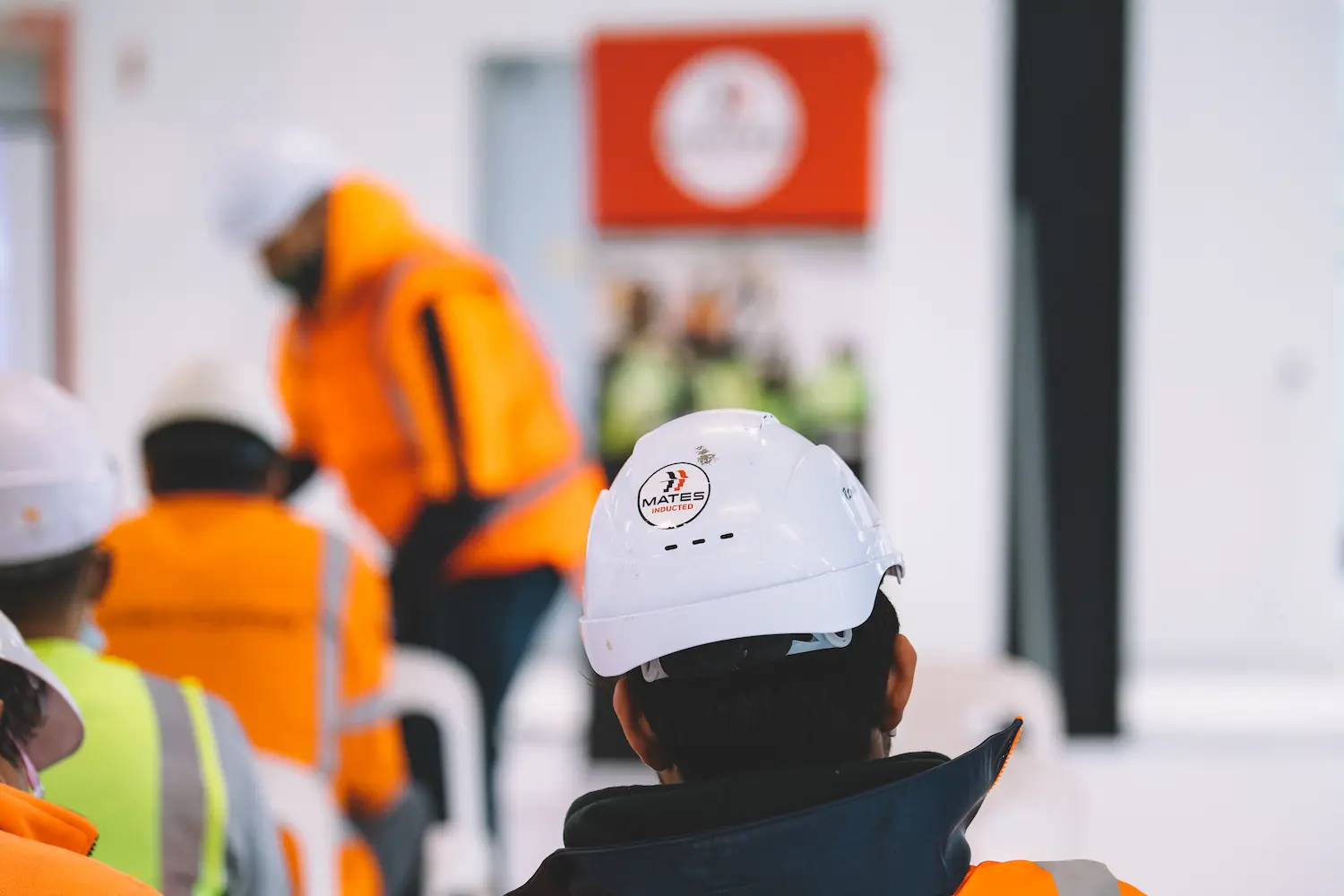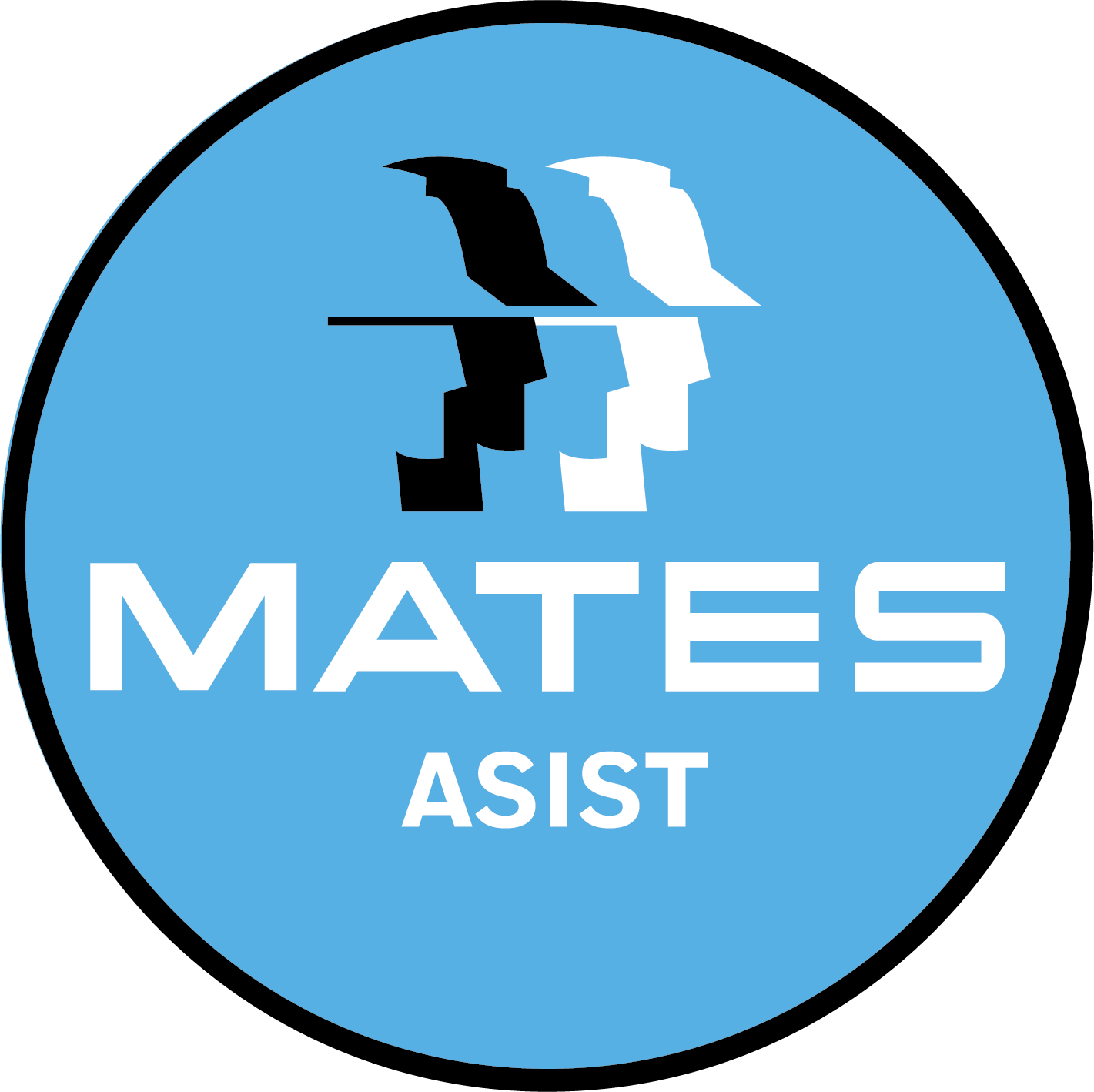GET HELP
Need help now?
Please call the
MATES in Construction
Support Line
0800 111 315
In an emergency please dial 111 if you think you or someone else is at risk of harm
Escort the person to the nearest hospital emergency department, or
Phone your local DHB Mental Health Crisis team, or visit www.mentalhealth.org.nz/get-help/in-crisis/
Free phone or text 1737 to communicate immediately with a counsellor

We’re here to help.
Our service is completely free.
Are you feeling anxious or just need someone to talk to?
Are you feeling down or a bit overwhelmed?
Do you know someone who is feeling out-of-sorts or depressed? Let them know they can call us.
Whatever it is, we’re here.
Free Call 0800 111 315
GET HELP ON SITE
If you are on a construction site which has received MATES in Construction training, please contact a “CONNECTOR” (Green badge on hard hat) or “ASIST” worker (Blue badge). They have been trained to help and to keep workers safe from self-harm while connecting them to help.
CONNECTORS and ASIST workers have been trained by MATES in Construction and are able to provide necessary help on site.
They are volunteers and receive no reward for their efforts, except the safety and wellbeing of their fellow workers.


Worried about someone you know?
How do you have a conversation about mental health? Read our guide below – or download a pocket-sized copy here.
How to have a conversation about mental health
If you think a team member is struggling with their mental health, don’t ignore it. Be aware that talking about personal struggles can be difficult and they might get emotional, embarrassed or upset.
So…. think about the right place and the right time.
Maybe at a park, over a coffee, offsite; somewhere quiet and private.
How to start the conversation
You don’t have to have all the answers – just being there and being supportive is great!
Start with…
“How are you doing?”
“What’s happening in your world?”
“How’s life?” “How’s the family?”
If they’re okay talking, then mention specific things that have made you concerned, such as
“you don’t seem yourself – anything up?”
When a conversation may be needed
Have you noticed more fear, anxiety, anger, irritability, sadness and emptiness? Are they withdrawn, quiet, mood swings?
Have you noticed less involvement or enjoyment?
Has the person’s behaviour or thinking changed?
Concentration, distraction, memory, communication – sentences with hesitation, silences or no ending?
Is the person distant, overprotective, jumpy, denying or avoiding, taking risks, hungover or impaired, doing things like speeding or taking risks on site?
Sometimes it’s just a gut feeling.
Trust your gut!
How can you support them?
Let them know you are asking because you are concerned about them. If they get upset or angry, stay calm, don’t take it personally.
Ask questions about what is going on like:
“Have you spoken to anyone else about this?”
“What would help you manage the load?”
“What can we change to make life easier?”
Don’t interrupt or rush, sit patiently in silence while they think. Take it seriously.
No special skills are needed to have a conversation about mental health
You just need to be…
Empathetic – try and put yourself in their shoes.
Approachable – don’t judge and don’t try and have all the answers.
Willing to listen – give them your full attention.
And let them know it’s confidential!
What next?
Think about what other support they may need such as the Employee Assistance Programme, their GP, family, whanau, friends, community and church leaders and help them to contact them. Avoid assuming what they may need. Ask them things like:
“How can I help?”
“What would be a good first step?”
“What has helped before?”
Follow up in a couple of days.
Online support serivces
| Family Services Directory | https://www.familyservices.govt.nz/directory/ |
| Foodbank New Zealand | https://www.foodbank.co.nz/foodbanks |
Alternative support lines
| Tautoko Suicide Crisis Helpline | 0508 828 625 |
| Samaritans | 0800 726 666 |
| Lifeline | 0800 543 354 Text 4357 |
Emergency
| Police, Ambulance, Fire Brigade | 111 |
| Emergency Services for the Hearing Impaired – TTY | 111 |
24 hour services
Shine – 9am-11pm 7 Days | 0508 744 633 |
Lifeline | 0800 543 345 |
Local Health Service | 0508 558 855 |
NZ Poison Centre | 0800 764 766 |
Rape Crisis | 0800 883 300 |
Depression Help Line | 0800 111 757 |
National Help Line | 1737 |
Ezispeak | 0800 453 771 |
Veterans Affairs NZ | 0800 483 8372 |
National helplines
Alcohol & Drug Helpline | 0800 787 797 |
Wellplace NZ | 04 917 0060 |
HELP (Auckland) | 09 623 1700 |
CADS (Alcohol & Drug Service) | 09 845 1818 |
ManAlive – Main Office | 0800 826 369 |
Women’s Refuge Crisis Line | 0800 733 843 |
Problem Gambling Help Line Free text | 0800 654 655 8006 |
Healthline | 0800 611 116 |
Family & Community Services | 0800 211 211 |
Outline (LGBTIQ+ Support) | 0800 688 5463 |
Auckland City Mission (Homelessness) | 09 303 9200 |
